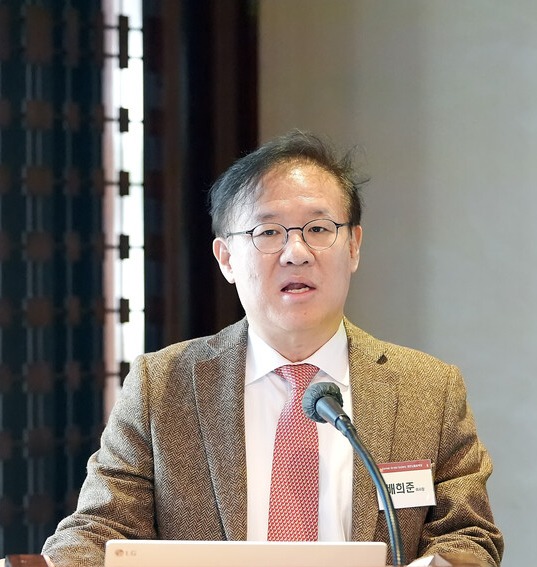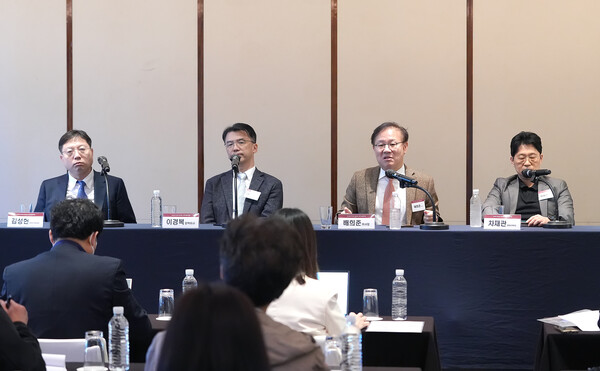The stroke safety net is at risk of collapsing without the establishment of a control center to oversee the entire stroke treatment network, said a local stroke expert.

At a press conference in Seoul on Wednesday, the Korea Stroke Society (KSS) elaborated on the issues faced by Korea’s emergency medical care system which has been perpetuated for 25 years.
Professor Kim Tae-jung, the PR director of KSS, has expressed the society's views on the matter, stating that there is a need for a control center that can efficiently manage the entire treatment process and take responsibility for the final transfer of patients. Additionally, a linkage system with 119 paramedics and specialized medical care is necessary for effective stroke management, he said.
Professor Kim Seong-heon of the Neurology Department at Kangwon National University said emergency medical centers are unable to provide 24-hour treatment due to a lack of beds, medical staff, and emergency rooms overflowing with mild cases.

"In order to efficiently operate limited medical resources, a system should be established to separate the treatment of mild and severe patients so that critical care centers can focus on the final treatment of essential severe patients,” KSS President Bae Hee-joon said.
Bae also acknowledged the difficulty to provide 24-hour care in all hospitals but emphasized the need for a primary diagnosis and one-stop diagnostic treatment based on emergency neurologists, and a central cardiocerebrovascular disease center to control the diagnosis, transfer, and treatment management of patients.
Looking further ahead, Professor Cha Jae-kwan of the Neurology Department at Dong-A University warned that a shortage of stroke specialists will also make it difficult to operate the current stroke care system.
"This year, only five out of 83 successful candidates applied to become full-time stroke specialists and only one out of 14 regional cardiocerebrovascular disease centers has full-time doctors,” said Cha. "At this pace, there will be a shortage of stroke specialists to treat 100,000 stroke patients per year in 5-10 years."
Professor Lee Kyung-bok, the Society’s Director of Policy also explained that stroke intensive care units are operating in low numbers, creating an institutional problem that makes it difficult to maintain stroke centers.
"The hospitalization fee for a stroke intensive care unit at a general hospital is 133,320 won, which is lower than the 171,360 won for a six-bed room in the general department of the integrated nursing care service,” Lee pointed out. "Even if a neurologist treats a stroke patient in a 24-hour stroke intensive care unit, the fee is only 27,730 won, so there is no reason for hospitals to invest and operate stroke centers."
Accordingly, Lee advocated for the stroke intensive care unit fee to be increased by at least 1.5 times more than the integrated nursing care fee to make this essential critical care field more attractive to young doctors.
Bae also noted that strokes should be classified as a specialty disease to avoid tertiary hospitals from turning away patients as these hospitals are required to maintain at least 30 percent of patients in specialized disease groups.
“Stroke is a disease in which patients can regain a healthy life if they receive timely treatment in the ‘golden time’ so it is imperative that policies aim to prolong life while also minimizing disabilities,” said Bae.

